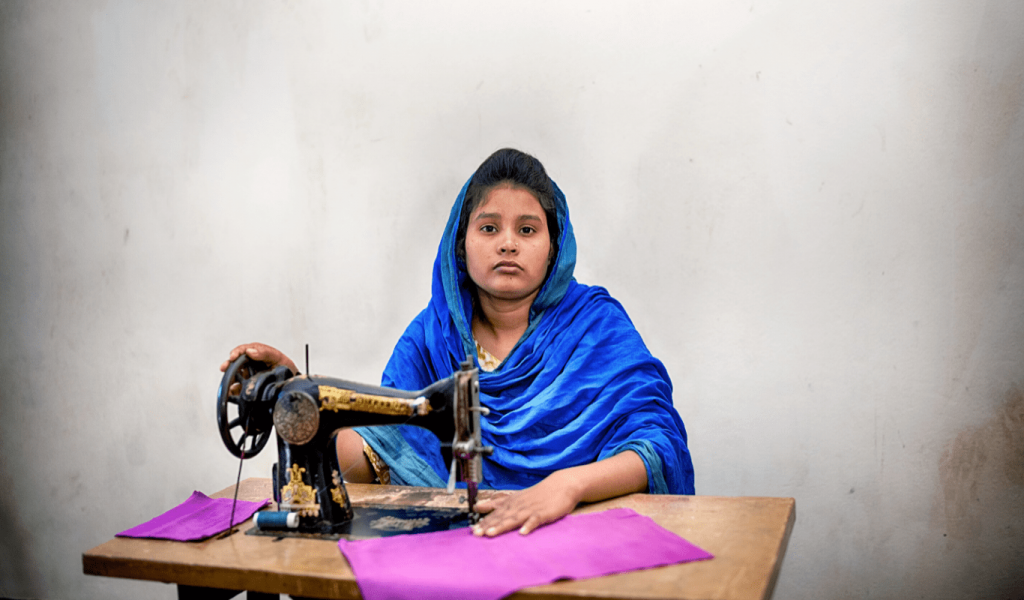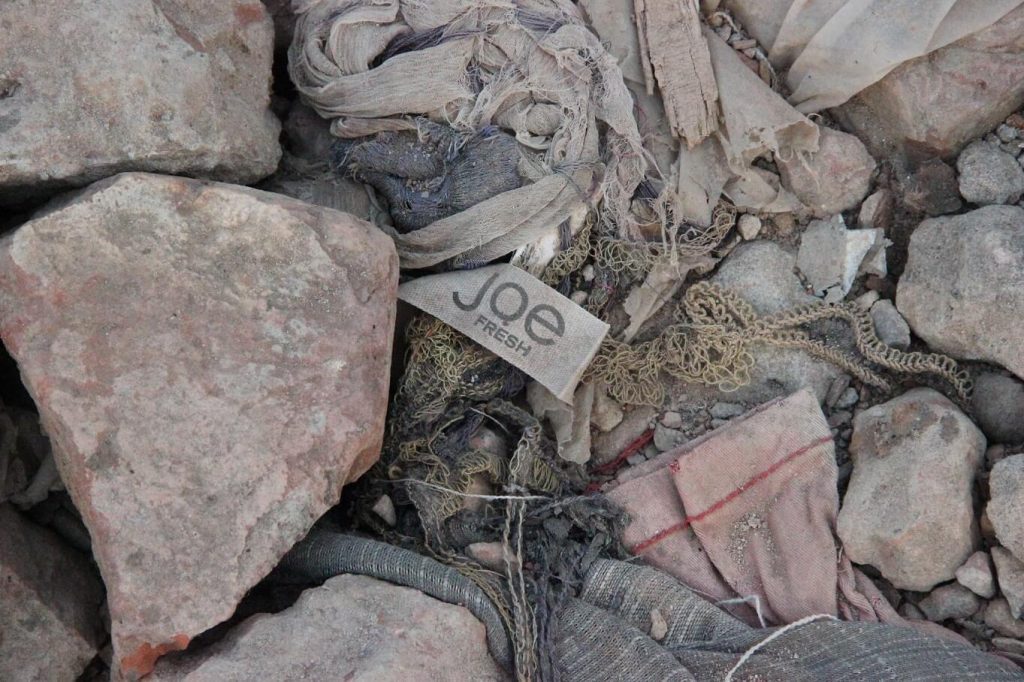Posts Tagged ‘What She Makes’
Why Supply Chain Legislation is a Feminist Issue for Canadian Fashion
Five reasons we need a law that requires Canadian fashion brands to end human rights abuses abroad. Since the pandemic’s start in early 2020, the supply chains of major companies have garnered increased public attention, including for their less-than-feminist approach to doing business with their supplier factories. However, the need to build solidarity with women working in global supply chains has…
Read MoreDo You Know the Women Who Made Your Clothes? Good Luck Finding Out!
Nine years ago today, 1,132 factory workers – mostly women being paid poverty wages – lost their lives in the Rana Plaza factory collapse in Bangladesh. Another 2,500 garment workers were injured in the disaster. The world’s eyes turned to the long-forgotten problem of ‘sweatshops’ and labour exploitation in global supply chains shocked to learn…
Read More
